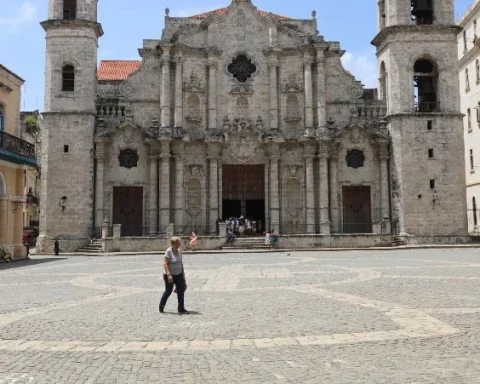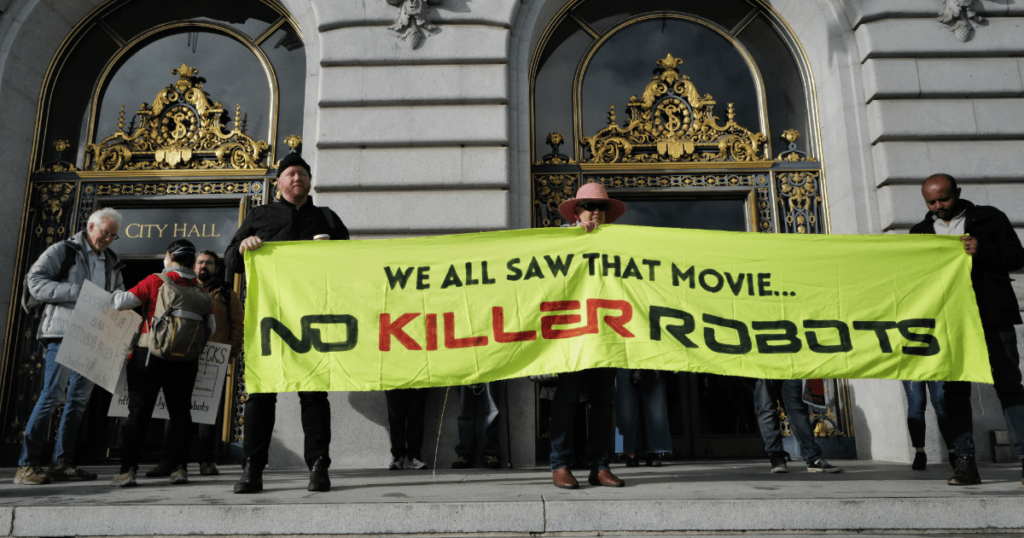HARRISONBURG, United States. — An objective review of what happened in our country from 1959 to today confirms the well-known phrase that ensures that the road to hell is paved with good intentions.
If I use the phrase “good intentions” I do so based on the existence of historical documents signed by Fidel Castro in his capacity as top leader of the “26th of July Movement” and also endorsed by other important opposition leaders against Fulgencio Batista.
Whoever has read those documents knows that the foundations of that Revolution that was gestated and developed in the cities, the mountains and even within the national army itself, were unequivocally democratic. By its content, the magnitude of Fidel Castro’s betrayal can be measured.
In light of the events that have occurred in Cuba for more than six decades, “History will absolve me” —whose final wording was written by Jorge Mañach— has become a true boomerang against those who hold power and, without a doubt, a subversive document. . That qualifier can also be applied to numerous speeches by Fidel Castro.
Until the coup carried out by Fulgencio Batista on March 10, 1952 Cuba was a republic with a lot of social inequality and corruption; It continued to be so during the Batista dictatorship, but there were mechanisms to combat these evils or at least denounce them. Today, social inequality, corruption, the inexistence of a real administration of justice and a rule of law, the repression of all dissent and the material deficiencies due to the economic failure of the communists have reached levels never seen before in all of history. from the country.
When the guerrillas managed to consolidate in the Sierra Maestra and spread to the west of the country due to the repeated inability of the national army, Fidel Castro began to capitalize on power. So, what was a revolution made up of heterogeneous forces with strong democratic roots led to a new dictatorship where those who had less political support among the people ended up imposing a doctrine whose dangers were brilliantly warned by José Martí, Ignacio Agramonte and other patriots.
The triumph of the Revolution was supposed to give way to the formation of a provisional government in charge of restoring democratic structures, the Constitution of 1940 and call for free and multi-party elections, but that did not happen and it is the main distortion of the political process led by the biranense, because every revolution is directed towards an inclusive founding act, not towards the reproduction of the causes that gave rise to it. In a genuine revolution, truly intended to empower the people and not to euphemistically guarantee the enthronement of a caste, the promises that gave rise to it must be fulfilled with its triumph. That did not happen with the Cuban either, although, to be fair, with none of those that drifted towards top-down systems of government. Only the bourgeois revolutions are saved from this judgment, what a congruence in history!, being a clear example those of France, England and the United States of America.
Today, 64 years after that alleged brightness of January 1, 1959, in Cuba the same conditions exist that promoted the unleashing of that revolution.
Because a revolution, in order to be successful, has to show concrete results that demonstrate the validity of its actions and, in the case of Cuba, the successes obtained in education, health, science and sports did not arise as a consequence of development internal productive forces but, above all, because of the immense financial support it received from the former Soviet Union and the countries of the socialist camp. Fidel Castro wanted to “independence” from the economic influence of the United States and ended up depending on inferior economies in terms of growth and quality of his products.
And while we cannot speak of growing prosperity, because problems such as transportation, food, and even free access to education based on personal merits were never resolved, at least one lived with a certain amount of peace —as long as “you didn’t interfere in politics”—until the disappearance of the socialist bloc.
With the disappearance of that political community and Castroism persisting in the reproduction of methods of proven ineffectiveness, the supposed successes began to decline unstoppably from the so-called “special period” until reaching this 64th anniversary where misery, escapism and repression are its main features.
If the rhetoric of Castroism were capable of producing satisfaction, there would be no problems. But that presumed panacea of social justice, prosperity and democracy that the continuistas led by Miguel Díaz Canel Bermúdez talk so much about only exists in their abundant speeches in coprophagy, where, without a minimum of shame, they publicly mock their laws and what they do, something that in a democratic country would be sufficient cause for a resignation or impeachment.
The process that one day was proclaimed by Fidel Castro as “the revolution of the humble, by the humble and for the humble” has been responsible for self-annihilation. It does not take a foreign invasion or another revolution to prove it, he himself has been annihilated by his economic incapacity and his injustices.
If a deep anti-communist thought takes hold in Cuba, it is due, above all, to the incapacity of those who one day told us of many dreams and ended up turning our lives into an atrocious nightmare. And on top of that, as if the people were stupid, they continue to praise the system.
That, and no other, is the reality of our homeland this new first of January.
OPINION ARTICLE
The opinions expressed in this article are the sole responsibility of the person who issues them and do not necessarily represent the opinion of CubaNet.
Receive information from CubaNet on your cell phone through WhatsApp. Send us a message with the word “CUBA” on the phone +525545038831, You can also subscribe to our electronic newsletter by giving click here.

















